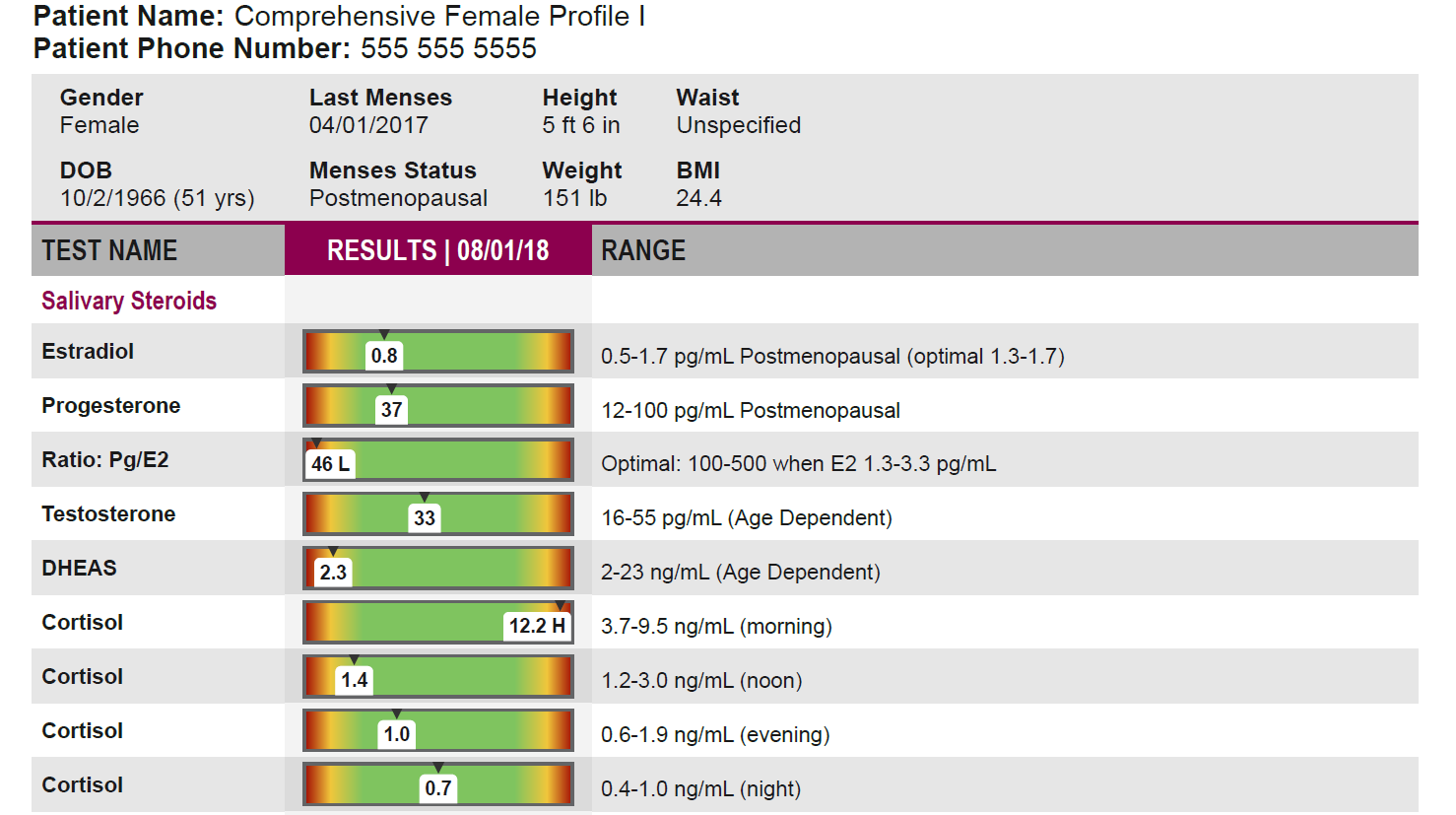by Dr Tina Marcantel
 If you take prescriptions or supplements such as thyroid medications or progesterone to treat hormone imbalances, it’s important to keep up with regular lab testing to monitor your hormone levels. Here’s why.
If you take prescriptions or supplements such as thyroid medications or progesterone to treat hormone imbalances, it’s important to keep up with regular lab testing to monitor your hormone levels. Here’s why.
The human body is an incredibly complex organism, and hormones interact with and affect each other. One goal of hormone therapy is to bring the body into homeostasis, which is essentially a state that allows the body to maintain and regulate its systems for optimal health. With that in mind, hormone supplementation isn’t intended to be permanent; its purpose is to help the body come into balance so the supplements won’t always be necessary.
As the body comes into balance, adjustments may need to be made in the types and dosages of treatments that are being used. As an example, I’ve sometimes had patients tell me, “The supplement I was taking was really helping for a while, but then I started feeling bad again, so I stopped taking it. Now I’m back where I started.”
In this case, it may be that the supplement was doing exactly what it was supposed to do; it was supporting the body’s hormone levels and relieving the unwanted symptoms caused by an imbalance. However, after a time the body didn’t require the same level or type of supplement to continue the healing process.
Sometimes your doctor can make these treatment changes based solely on your symptoms. An updated lab test, however, gives her a precise picture of your current hormone levels. As doctors sometimes say, “We test so we don’t have to guess.”
There are many things that can affect hormones besides taking medications or supplements. Changes in diet, exercise habits, stress levels, and quality of sleep can all impact hormone levels—both negatively or positively.
When taking medications or supplements, it’s important to keep your doctor informed of changes in symptoms and what you feel is or isn’t working for you. (Bear in mind that natural supplements take some time to have long-term effects.)
My recommendations for my patients who are being treated for hormone imbalances are as follows:
For those on thyroid medications, testing should be done every six months or if there are significant changes in symptoms.
For those on other hormone supplementation (e.g., progesterone, DHEA, testosterone, etc.), a saliva test six months after first starting treatment and then annually as long as treatment continues. Additional testing may be needed if there are significant changes in symptoms.
There are so many people I know who have described having proper hormone balancing treatment as “life-changing.” However, it’s important to remember that one of the tools that allows us to accurately begin and continue that treatment is regular laboratory testing!
Learn more about hormone testing:
Salivary Hormone Testing (video)
When It’s a Thyroid Problem–but It Really Isn’t





